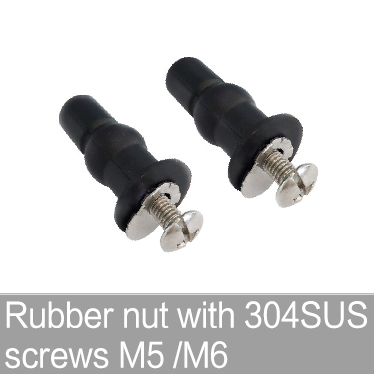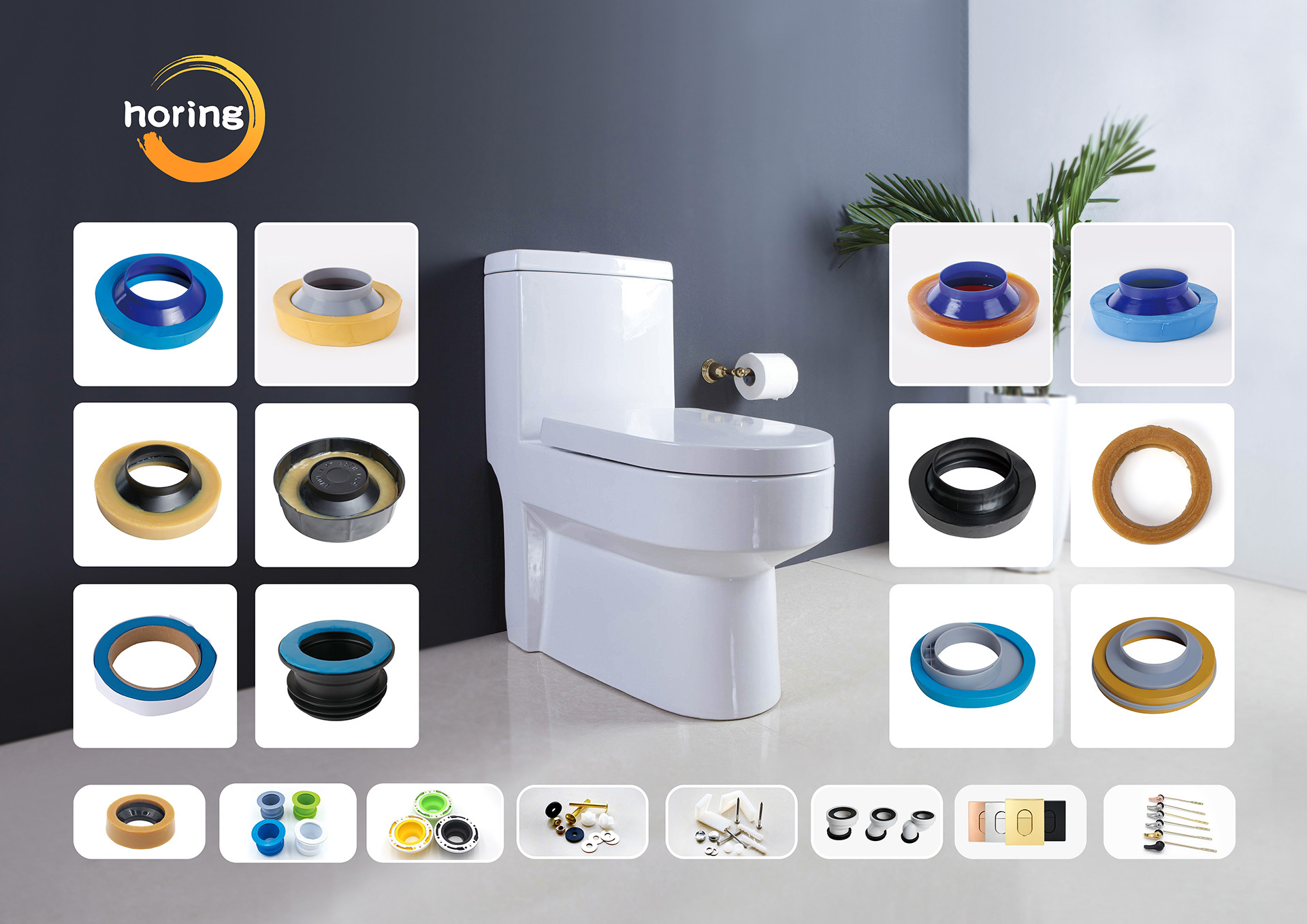toilet fixing screws supply
Release Time:
May 26,2025
Source:
Toilet fixing screws play a crucial role in maintaining the stability and functionality of toilets. These screws are specially designed to secure the toilet bowl to the floor, ensuring that it remains in place during use. When selecting toilet fixing screws, it is important to understand the various factors that influence their supply and application.
Firstly, the most common materials used for toilet fixing screws include stainless steel, brass, and plastic. Stainless steel screws are favored for their corrosion resistance, making them ideal for environments where moisture is prevalent. On the other hand, brass screws, known for their durability and aesthetic appeal, can add a touch of elegance to bathroom fixtures. Plastic screws, while less common, are often used in specific applications where metal may not be suitable due to corrosion concerns.

The length and diameter of toilet fixing screws are also critical considerations. The screws must be long enough to penetrate the floor and provide a secure grip while not being so long that they risk damaging plumbing or electrical lines underneath. Similarly, the diameter should match the toilet's mounting holes to ensure a proper fit. It's essential to consult installation guidelines to determine the appropriate specifications for your particular toilet model.
In terms of supply, it's important to source toilet fixing screws from reputable suppliers who can provide high-quality products. This ensures not only the longevity of the screws but also the safety and functionality of the toilet installation. When considering supply, look for suppliers who offer a variety of options, including different materials, lengths, and styles. This variety allows for customization based on the specific requirements of the installation.
Additionally, understanding the installation process for toilet fixing screws can help in selecting the right type and size. Generally, the installation involves aligning the toilet bowl over the flange and securing it with the screws, ensuring that they are tightened evenly to prevent rocking or wobbling. Proper installation is key to maintaining the integrity of the toilet and preventing leaks or other issues.
In conclusion, toilet fixing screws are a fundamental component in the installation and maintenance of toilets. By understanding the materials, specifications, and sourcing options, one can make informed decisions that enhance the durability and performance of toilet installations. Whether you are a professional plumber or a DIY enthusiast, knowing the ins and outs of toilet fixing screws will lead to successful and stable toilet setups.
Related News



